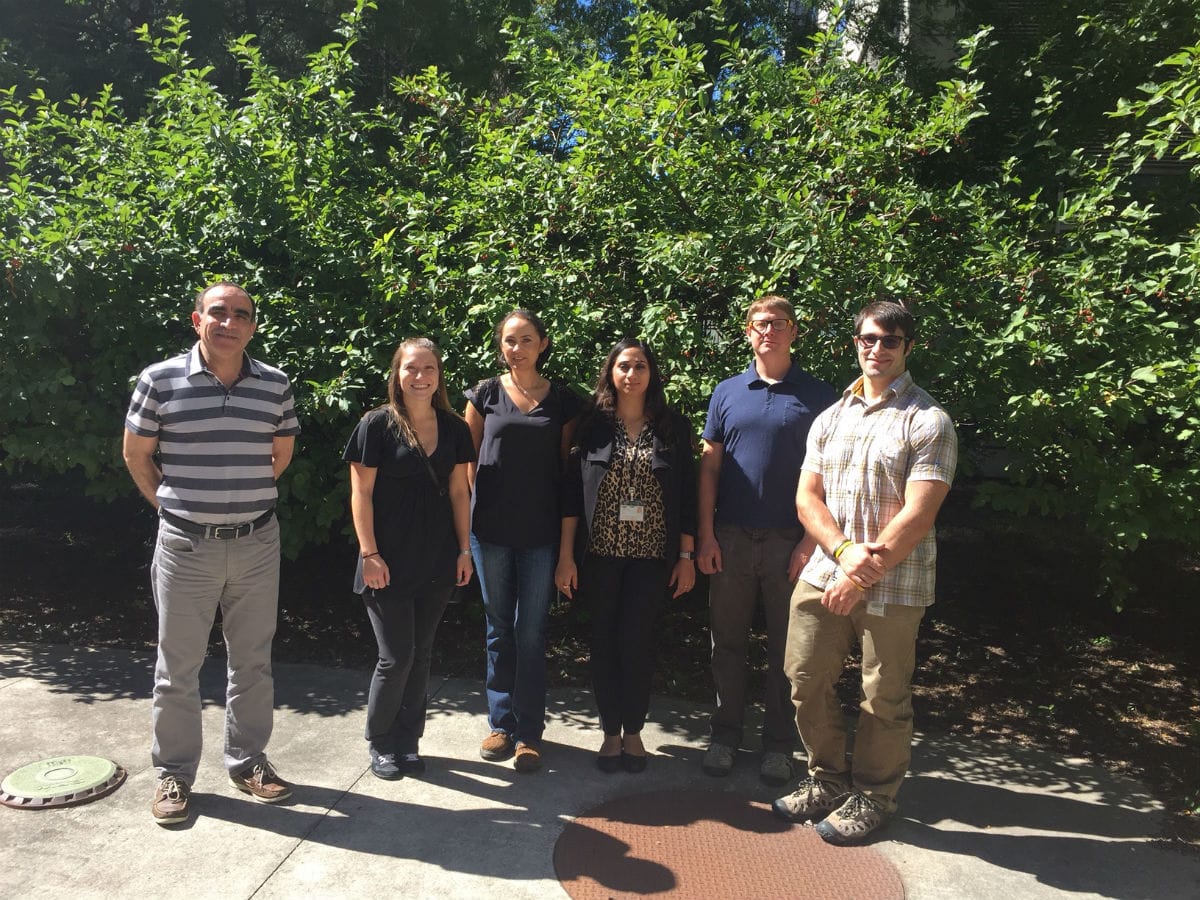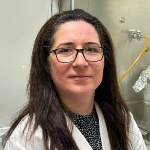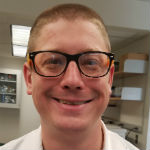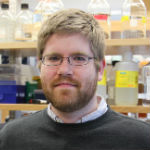Pseudomonas aeruginosa is an opportunistic pathogen that is an important cause of hospital-acquired infections. Despite constant exposure to this pathogen, healthy individuals do not get infected. In the setting of injured epithelium or immunocompromised host, however, P. aeruginosa is able to colonize and can cause devastating diseases in burn patients, patients on respiratory ventilators, contact lens wearers, cancer and AIDS patients, diabetic foot ulcer, and is one of the major causes of death in patients afflicted with cystic fibrosis. This highlights the importance of continued research on this pathogen in order to further our understanding of its mechanisms of infection and to develop effective means to combat and manage the diseases caused by it. P. aeruginosa is the epitome of an opportunistic pathogen of humans. P. aeruginosa does not infect uncompromised tissues, yet there is hardly any tissue that this pathogen cannot infect if the tissue defences are compromised in some manner. A number of in vitro and ex vivo studies support the notion that injured epithelium (wound) is a preferred niche for P. aeruginosa infections. We have demonstrated that P. aeruginosa employs a variety of novel virulence strategies, including inhibition of cytokinesis and induction of cell death to inhibit wound healing and cause more damage both in vitro and in vivo.
Our work
Our lab is highly multidisciplinary in nature. We conduct projects that involve bacterial pathogenesis, cancer biology, and chronic wound healing. The primary research areas of our lab are: (i) to determine the virulence mechanisms that make Pseudomonas aeruginosa such a successful pathogen; (ii) to determine the eukaryotic host responses that are intended to control bacterial pathogen infections; (iii) to develop antibiotic-free approaches to reduce surgical site infections; and (iv) to employ bacterial toxins as molecular tools to dissect important mammalian cellular processes such as cytokinesis, cell cycle, apoptotic program cell death, and apoptotic compensatory proliferation signalling. We are actively conducting research in the following general areas:
- Using appropriate animal models to assess the impact of Pseudomonas aeruginosa on tissue repair in normal and in diabetic skin wounds. We are interested in understanding why diabetic wounds are prone to bacterial infection and why the microbiome in diabetic wounds shifts toward pathogenic bacteria, which in turn drive diabetic wound toward chronic and non-healing state.
- Host/Pathogen Interaction. We are interested in understanding the virulence mechanisms that Pseudomonas aeruginosa uses to establish infection. We are also equally interested in understanding how host recognizes and limit Pseudomonas aeruginosa infection particularly in wound.
- Developing technology to reduce infection at surgical sites without the use of antibiotics. We are developing technology that is based on using specific immunomodulators to harness and mobilize innate immune responses at surgical sites, as a way to combat surgical site infections without antibiotics. In these studies, we use Periprosthetic Joint Infection (PJI) mode, wound infection model, and fascia implant infection model with Pseudomonas aeruginosa and Staphylococcus aureus.
- Using Pseudomonas aeruginosa to study the exotoxin-mediated apoptosis and to dissect the apoptotic compensatory proliferation signalling: A major research focus in our laboratory has been to study the mechanisms by which ExoT- an exotoxin produced by Pseudomonas aeruginosa pathogenic bacterium- induces apoptosis in target epithelial cells. We have discovered that target epithelial cells, when induced to die apoptotically, produce and release compensatory vesicles that stimulate proliferation in surrounding cells. We have also found that ExoT can induce potent apoptosis but also blocks compensatory proliferation. Given that majority of cancer cytotoxic therapeutics induce apoptosis in target tumor cells, compensatory proliferation signaling could significantly limit their effectiveness, contributing to the disappointing outcomes associated with existing therapeutic agents against cancer. Understanding the mechanism of compensatory proliferation signaling could lead to the development of novel targeted therapies that could improve the effectiveness of current cancer therapies by inhibiting this process.
- Using Pseudomonas aeruginosa toxins in therapy against cancer: We have found that certain Pseudomonas aeruginosa toxins are far more potent inducers of cytotoxicity than known therapies. We are developing these toxins as potential chemotherapy drugs.
-
Wound Healing Process
This movie shows wound healing of epithelial cells in the absence of infection. -
ExoT and Wound Damage
This movie shows how ExoT-expressing Pseudomonas aeruginosa exacerbates wound damage of epithelial cells. -
Expression of ExoT-GFP in Melanoma Cells
This movie shows that expression of ExoT-GFP (green) in melanoma cells is sufficient to kill melanoma. (Yellow and red cells are dead cells.) -
ExoT-induced Cell Death
This movie shows that ExoT induces cell death in anoikis apoptosis sensitive HeLa cells but not in anoikis- resistant HeLa S3 cells. (Red cells are dead.) -
Apoptotic Compensatory Proliferation Signaling
This movie shows apoptotic compensatory proliferation signaling whereby a dying cell (green) releases a vesicle that stimulates proliferation in a bystander cells upon contact.
Technology
Our approach is multipronged and multidisciplinary in nature. We use leading-edge technology, including time-lapse videomicroscopy, stable cell lines and animal modeling, to carry out research in our laboratory.
Current funding
- R01DK107713 (NIH/NIDDK); Principal Investigator, Sasha Shafikhani
- R01AI150668 (NIH/NIAID); Principal Investigator, Sasha Shafikhani
- Breast Cancer Research Fund (Bears Care); Principal Investigator, Sasha Shafikhani
Our team

(Left to right) Sasha Shafikhani, PhD; Amber Kaminski; Janet Zayas; Kajal Gupta, PhD; Douglas Gilbert; Joe Goldufsky, PhD
| Current lab members | |
|---|---|
| Anahita Aboonabi, PhD, postdoctoral fellow Email: Anahita_Aboonabi@rush.edu | Image

|
| Mohamed F. Mohamed, PhD, postdoctoral fellow Email: Mohamed_Mohamed@rush.edu | Image

|
| K A Foyez Mahmud, PhD, postdoctoral fellow Email: KAFoyez_Mahmud@rush.edu | Image

|
| Kaylee Delgado, graduate student Email: Kaylee_Delgado@rush.edu | Image

|
| Former lab members | |
|---|---|
| Kajal Gupta | Image

|
| Ruchi Roy | Image

|
| Douglas Gilbert | Image

|
| Janet Zayas, PhD | Image

|
| Stephen Wood, PhD |
Image

|
| Joe Goldufsky, PhD | Image

|
| Amber Kaminski, MS | Image

|
Contact us
Sasha Shafikhani, PhD
Rush University Department of Internal Medicine and the Rush Cancer Center
Phone: (312) 942-1368
Fax: (312) 942-2808
Email: sasha_shafikhani@rush.edu
